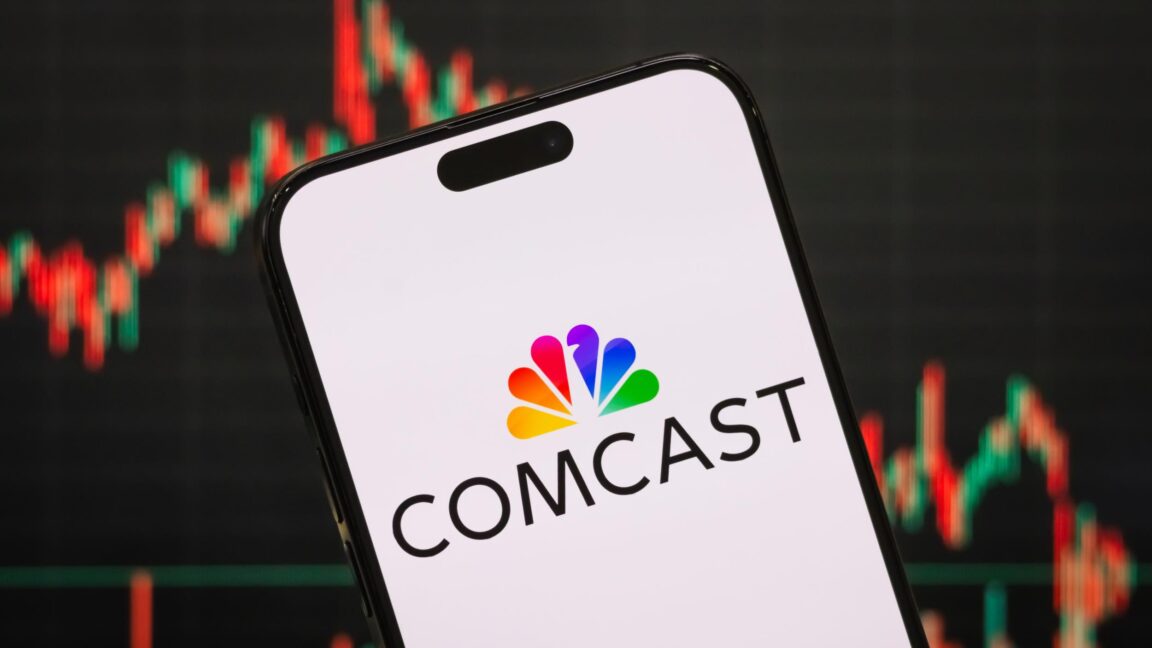The "NexDock" (from Nex Computer) already turns your phone into a laptop workstation. Purism chose it as the docking station for their Librem 5 phones.
But now Nex is offering its own smartphone "that runs Android 16, launches Debian, and dual-boots into Windows 11," according to the blog It's FOSS:
Fourteen years after the first concept video was teased, the NexPhone is here, powered by a Qualcomm QCM6490, which, the keen-eyed among you will remember from the now-discontinued Fairphone 5.
By 2026 standards, it's dated hardware, but Nex Computer doesn't seem to be overselling it, as they expect the NexPhone to be a secondary or backup phone, not a flagship contender. The phone includes an Adreno 643 GPU, 12GB of RAM, and 256GB of internal storage that can be expanded up to 512GB via a microSD card.
In terms of software, the NexPhone boots into NexOS, a bloatware-free and minimal Android 16 system, with Debian running as an app with GPU acceleration, and Windows 11 being the dual-boot option that requires a restart to access. ["And because the default Windows interface isn't designed for a handheld screen, we built our own Mobile UI from the ground up to make Windows far easier to navigate on a phone," notes a blog post from Nex founder/CEO Emre Kosmaz].
And, before I forget, you can plug the NexPhone into a USB-C or HDMI display, add a keyboard and mouse to transform it into a desktop workstation.
There's a camera plus "a comprehensive suite of sensors," according to the article, "that includes a fingerprint scanner, accelerometer, magnetometer, gyroscope, ambient light sensor, and proximity sensor....
"NexPhone is slated for a Q3 2026 release (July-September)..."
Back in 2012, explains Nex founder/CEO Emre Kosmaz, "most investors weren't excited about funding new hardware. One VC even told us, 'I don't understand why anyone buys anything other than Apple'..."
Over the last decade, we kept building and shipping — six generations of NexDock — helping customers turn phones into laptop-like setups (display + keyboard + trackpad). And now the industry is catching up faster than ever. With Android 16, desktop-style experiences are becoming more native and more mainstream. That momentum is exactly why NexPhone makes sense today...
Thank you for being part of this journey. With your support, I hope NexPhone can help move us toward a world where phones truly replace laptops and PCs — more often, more naturally, and for more people.


Read more of this story at Slashdot.

